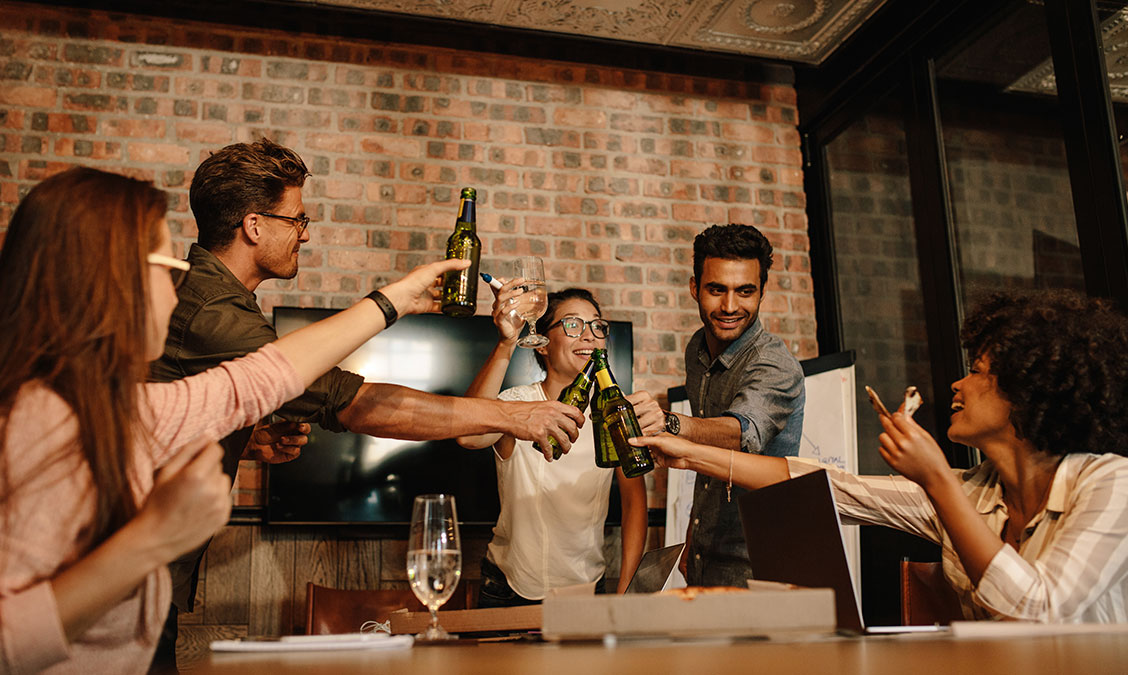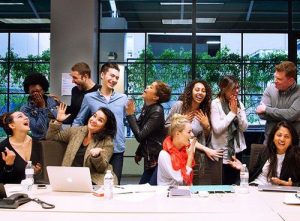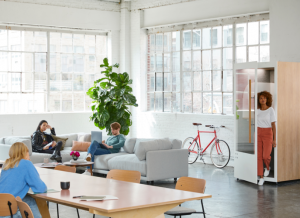It seems quite normal to drink culture at work. Booze can be a great way to improve your mood, bond with colleagues, and have fun. A few drinks can even encourage creative problem-solving.
However, considering that up to 5% work absences are alcohol-related, and that drinking can cause anxiety, stress, and a decrease in productivity, leaders of companies are looking at how their company’s relationship to alcohol.
How frequently do Brits consume alcohol?
Nearly eight out of ten adults over 18 consume alcohol in the UK. Wine, beer, and spirits are the most popular options. However, 23% of people drink alcohol only 1-2 times per week. 8% and 5% of women drink alcohol daily.
Last year, and 7% adults in the country were classified as dependent drinkers. This is an increase of 6% from 2021.
Alcohol’s effect on work performance
Presenteism at work is more common when there are high levels of alcohol consumption. In the UK, more people than 25% ( 33% ) arrive at work after having had a drink the night before. It can also lead to absenteism with approximately 17 million lost working days each year.
A study has shown that those who drink more than the average amount of alcohol are three times less productive at work.
NLP Hypnotherapist and Mental Health Professional Nicholas Barnes believes that alcohol can have a negative impact on people working in the workplace. These include reducing problem-solving skills, judgment, concentration, and slowing down reaction times. The long-term effects on your health can be severe.
“Alcohol can affect your memory. You may experience short-term memory problems due to a deficiency in Thiamine B1 or Korsakoff’s Syndrome. You can see and feel a lot better in just a few days. In addition, you will be decreasing your lifetime risk of developing serious diseases like cancer and liver disease em>
What you as a business owner can do
We know GenZ consumes less alcohol than any other generation. This is because’sober curious’ (or those who are more mindful about their drinking habits) are increasing. The demand for non-alcoholic beverages is rising as people become more aware of how and when they drink. It is expected that the market will grow to 1.78 trillion by 2027.
Companies can make a significant effort to reduce alcohol-related events at work this year. Some people are not interested in activities and events that involve drinking, whether it’s because they have religious or health concerns. Events such as office happy hours or pub socials can be replaced with other interests, such as volunteering, outdoor activities, immersive show or experience, or alternatively rearranged.
Limit the consumption of alcohol at company events and make sure there are other options.
Ask your team to participate anonymously in a survey about how they feel about events at work that involve alcohol
Add more variety to the social events that are available.



